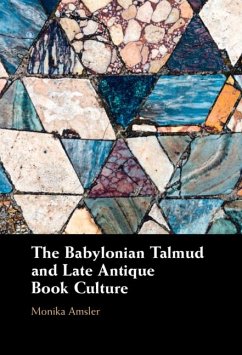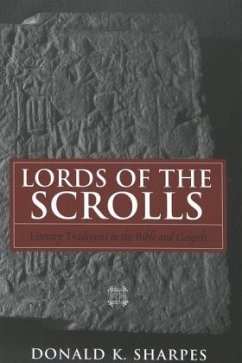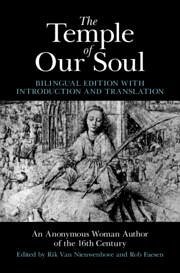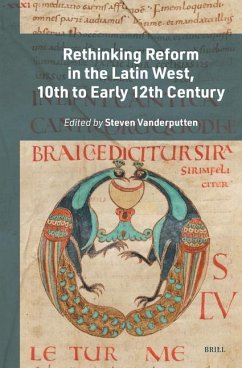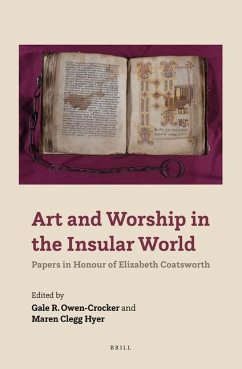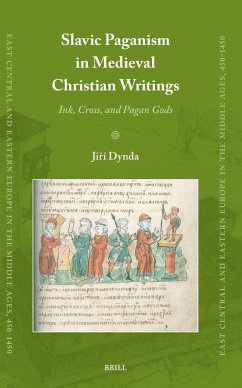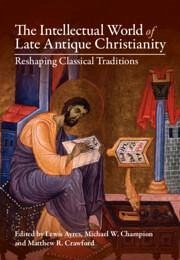
The Intellectual World of Late Antique Christianity
Reshaping Classical Traditions
Herausgeber: Ayres, Lewis; Crawford, Matthew R; Champion, Michael W
Versandkostenfrei!
Versandfertig in über 4 Wochen
147,99 €
inkl. MwSt.
Weitere Ausgaben:

PAYBACK Punkte
74 °P sammeln!
"This book is for scholars and students of the ideas, literatures, and cultures of early Christianity and late antiquity, ancient philosophers, and historians of theology. It offers new perspectives on early Christian modes of knowing and ordering knowledge in relation to changing discourses, institutions, and material culture of late antiquity"--




